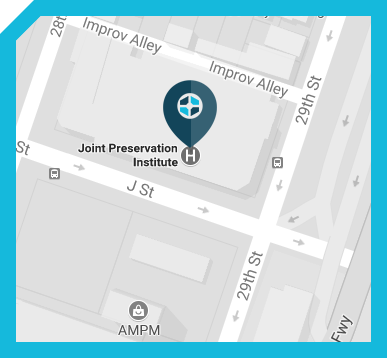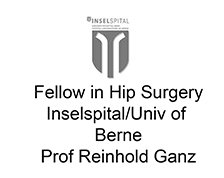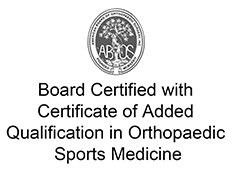 Knee Arthritis
Knee Arthritis 
Arthritis is a general term covering numerous conditions where the joint surface or cartilage wears out. The joint surface is covered by a smooth articular surface that allows pain free movement in the joint. This surface can wear out for various reasons; often the definite cause is not known. When the articular cartilage wears out the bone ends rub on one another and cause pain. This condition is referred to as Osteoarthritis or “wear and tear” arthritis as it occurs with aging and use. It is the most common type of arthritis.
Causes of Arthritis
There are numerous conditions that can cause arthritis but often the exact cause is never known. In general, but not always, it affects people as they get older (Osteoarthritis).
Other causes include:
- Trauma (fracture)
- Increased stress such as overuse and overweight
- Infection of the bone
- Connective tissue disorders
- Inactive lifestyle and Obesity (overweight); Your weight is the single most important link between diet and arthritis as being overweight puts an additional burden on your hips, knees, ankles, and feet.
- Inflammation (Rheumatoid arthritis)
Symptoms
Knee Arthritis causes pain and decreased mobility of the knee joint. In the arthritic knee there is an absent joint space that shows on X-ray. In the normal knee there is a normal joint space.
Arthritic knee
The cartilage lining is thinner than normal or completely absent. The degree of cartilage damage and inflammation varies with the type and stage of arthritis. The capsule of the arthritic knee is swollen. The joint space is narrowed and irregular in outline; this can be seen in an X-ray image. Bone spurs or excessive bone can also build up around the edges of the joint. The combinations of these factors make the arthritic knee stiff and limit activities due to pain or fatigue.
Management of Osteoarthritis
There are several treatments and lifestyle modifications that can help you ease your pain and symptoms.
Medications: Pain-relieving medications such as anti-inflammatories and simple analgesics may be prescribed. Topical medications such as ointments can be applied to the painful joints. If the pain is very severe, a corticosteroid injection can be given directly into the joint to help ease the pain.
Other Treatments: Your physiotherapist will teach you exercises to keep your joints flexible and improve your muscle strength. Applying hot or cold packs to the joints provides temporary pain relief. Lifestyle modifications can help. Measures such as losing weight and avoiding extra stress on the weight-bearing joints will often afford temporary relief.
Surgery: Knee joint replacement surgery is considered as an option when the pain is so severe (especially night pain) that it affects your ability to carry out normal activities.












